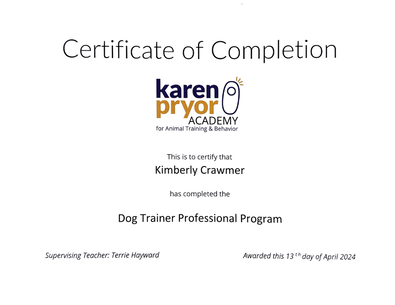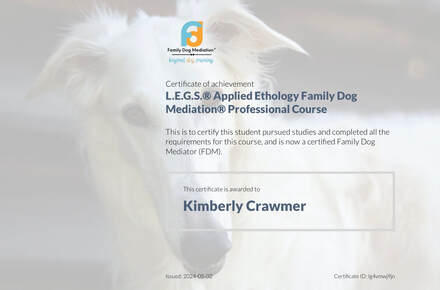- Home
-
MSCA Registered Maremma Sheepdogs for Sale
- Livestock Guardian Dog Training & Consulting
-
Mini Nubian & Nigerian Dwarf Goats for Sale
-
Maremma & Goat Info
- Prancing Pony Farm Blog
-
Maremma Sheepdog Info
- Maremma Sheepdog FAQs
- Favorite Dog Products
- Housing Maremmas
- Grooming Maremma Sheepdogs
- Feeding our Maremma Sheepdogs
- Vaccine and Parasite Protocol for Our Maremma Puppies
- Keeping Your Maremma Sheepdog Cool in Summer
- Goat Milk for Healthy Dogs and Puppies
- Whelping & Puppy Rearing Info & Supplies for LGD's
-
Goat Care Info
- Dairy Goat Blog
- Bringing Home Your New Goat
- Health concerns of your new goat
- Dairy Goat FAQ's
- Goat Care Articles & Links
- Clicker Training Goats
- Favorite Goat products
- Supplies for Goats
- Feeding Mini & Dwarf Baby Goats
- Housing Does & Kids
- Goat Parasites
- Annual Disease Testing of Goats
- Goat Hoof Trimming
- Milking Dairy Goats
- Milking Nigerian Dwarfs versus Mini Nubians
- Our Dairy Goat Milking Parlor
- Disbudding Mini & Dwarf Goats
- Mini Nubian Ears
- Home
-
MSCA Registered Maremma Sheepdogs for Sale
- Livestock Guardian Dog Training & Consulting
-
Mini Nubian & Nigerian Dwarf Goats for Sale
-
Maremma & Goat Info
- Prancing Pony Farm Blog
-
Maremma Sheepdog Info
- Maremma Sheepdog FAQs
- Favorite Dog Products
- Housing Maremmas
- Grooming Maremma Sheepdogs
- Feeding our Maremma Sheepdogs
- Vaccine and Parasite Protocol for Our Maremma Puppies
- Keeping Your Maremma Sheepdog Cool in Summer
- Goat Milk for Healthy Dogs and Puppies
- Whelping & Puppy Rearing Info & Supplies for LGD's
-
Goat Care Info
- Dairy Goat Blog
- Bringing Home Your New Goat
- Health concerns of your new goat
- Dairy Goat FAQ's
- Goat Care Articles & Links
- Clicker Training Goats
- Favorite Goat products
- Supplies for Goats
- Feeding Mini & Dwarf Baby Goats
- Housing Does & Kids
- Goat Parasites
- Annual Disease Testing of Goats
- Goat Hoof Trimming
- Milking Dairy Goats
- Milking Nigerian Dwarfs versus Mini Nubians
- Our Dairy Goat Milking Parlor
- Disbudding Mini & Dwarf Goats
- Mini Nubian Ears
|
Last fall I had a buyer in Massachusetts named Leanne who contacted me wanting to buy 6 goats, 3 from the fall season and 3 from the 2020 Spring season. I told her I was more than happy to sell her the goats but that she would have to arrange the transportation since I knew nothing about how to go about that. At first I was somewhat apprehensive about the whole deal, having heard some real horror stories on goat groups - goats getting “ lost” (stolen), not being properly taken care of and even dying. I’ve wanted to buy goats from out of state myself but was just too nervous about the idea to look into it. But this brave woman was up to the challenge so I decided to go for it! She told me she had hired Brian from Blarney Heights Farm Transportation. Finally I checked out their website and FB page and realized that these guys seemed to be very professional and above board, DOT licensed, and to come highly recommended by a lot of people. Later Leanne told me that she had already had some goats shipped by Brian from other breeders and that everything had gone really well. I started to relax a little!
Two of the goats Leanne purchased were Nigerian Dwarf kids so they had wait until they were weaned in early January before they could go. The other was a pregnant Nigerian Dwarf doe. There were tattoos and official USDA 840 microchips for Scrapie ID to be done by me since goats can’t be shipped out of state without them. Boy was I ever glad I had gone to the trouble to register with this mandatory USDA program and get my Flock and Premise ID’s when I started breeding goats! Health certificates were also required and a blood test for brucellosis for the doe. All of that was handled excellently by Dr Schmitt at King’s Veterinary Services in Lemoore and his excellent receptionist, Faye, who made all the calls to the Massachusetts state veterinarian to make sure the goats were in compliance with their laws when they arrived. Finally the day came and my son and number one goat wrangler, Noah, and I took the three goats to the meeting place at Harris Ranch. Brian was very nice, extremely professional and his rig is amazing! I’ve had horses transported many times but never goats, so I was very impressed with how he had things set up to accommodate smaller animals. They had very secure stalls so that each person’s animals were in their own pen with food, water and fresh bedding. I knew my babies were in good hands! Brian and Leanne kept me informed of how the goats were doing along the way and they arrived safe and sound in Massachusetts about a week or so later. It may have been a bit of culture shock for them, going from California to Massachusetts in January, but they did great! Leanne had goat coats and a nice, warm barn waiting for them, and luckily the weather was unseasonably mild that week. I couldn’t imagine a better experience. I know the next set of three goats (two Mini Nubians and a Nigerian Dwarf) that will be going to Leanne in a few months will do great. And what’s more, I’m now shopping for breeding stock across the country that Brian can bring to me! That will be a dream come true because there are a lot of nice goats out there that REALLY need to be in my barn, but up until now I didn’t know of anyone I would trust to transport them to me. Now all I have to worry about is finding them!
0 Comments
It’s always exciting when a new kidding season starts and this year is no exception. We did have a few does kid in December, including one litter on Christmas Eve, so it hasn’t been THAT long since babies were born here. And we do have still several fall kids in the barn but still - more baby goats means more fun! The “count” starts over. New year, new tattoo letter! For those that don’t know the tattoo letter is the letter you see before each kid’s number on our for sale page. Tattoos or microchips are how registered dairy goats are identified for registration purposes. And they (or official USDA microchips) are used for the legally required Scrapie ID purposes instead of ear tags. Each goat has a herd tattoo and a numberletter combination assigned. The herd tattoo goes in the right ear and the number-letter sequence in the left. Even if goats are microchipped instead of tattooed by the breeder they are assigned a tattoo by the registry. (We much prefer to microchip whenever possible.) And the tattoo numbers make a great way to identify the kids. This year the recommended letter by all goat registries is M so the kid count starts over at M1, M2, etc! Well apparently our first doe to kid this year wanted to bring the new year in with a bang and use up the first 5 numbers in one fell swoop! On January 10th two year old Nigerian Dwarf doe Lotte (Miracle Kids CC Little Lotte) gave birth to FIVE healthy babies! I knew Lotte had looked huge but she’s a pretty small doe and this is only her second freshening so I was a bit surprised at her having 5 kids! The kids were four bucklings and a doeling ranging from 1.8 lbs to 2.7 lbs. Lotte delivered them all by herself with no complications. The babies are doing really well and Lotte is being a very attentive mom to all five kids. People often express shock at a goat having 4 or 5 (or even 3) kids but actually quads and quints are pretty common with Nigerian Dwarfs and (to a lesser extent) Mini Nubians. Even 6 is not unheard of and 7 is the recently set world record. Three is probably the “average” litter size and no big deal. Most does handle birthing and feeding three kids like it’s nothing, unlike humans who would be pulling their hair out at the thought! Here at the farm we usually end up with several litters of 4 or 5 kids per year. It is a lot more work but is very exciting. Many breeders immediately pull one or two kids from a litter of quads or quints, only allowing the doe to feed 2 or 3 of her kids. They do this for various reasons and each breeder has to decide what works for them and their goats. Here at Prancing Pony Farm we prefer to dam raise kids whenever possible and large litters are no exception. We usually only completely bottle raise a kid if the doe outright rejects it or there’s some other issue. (Last year we had a KID reject his mom. Go figure!) Otherwise we leave the kids with mom as we feel it’s in the best interest of the kids and does, it’s less work for us and we prefer the personalities of dam raised kids over bottle babies, at least on a large scale. (Bottle babies can be VERY pushy and are not necessarily friendlier than dam raised kids.) As we’re fond of saying, we do have a few goats that were bottle babies, and we love them very much, but a barn full of them would drive us bonkers, lol. We find that some of our does can completely feed 4 kids on their own and they can even do a pretty good job of MOSTLY feeding 5. But you do want to be sure that all the kids are getting enough to eat! Instead of pulling kids what we do is we leave the kids with the doe if she accepts them all. Then we go in once or twice a day starting the first day and offer a bottle to each kid. Some kids are obviously hungry pretty quickly and take to the bottle right away while others fight it tooth and nail. We just keep offering every day for a while and see what happens. Sometimes the kids never take to the bottle and the doe seems to be able to feed them by herself. This is more common with quads. But sometimes, especially with quints, one or two of the kids will decide they like the bottle eventually. Sometimes it’s a tiny one and sometimes it’s a bigger kid who knows a good thing when they see it! Either way by giving a supplemental bottle a couple times a day to one or two kids it ensures that all the kids have enough milk but they all also still get to nurse and be with mom and live a normal baby goat life, which, we feel, is very important. We use fresh raw goat milk from some of our other does in the bottles. Never goat formula! Many breeders consider that stuff to be very bad for goats and we agree. Baby goats should drink goat milk, if at all possible. We have mixed goat milk with whole cows milk from the store in a pinch and have bought goat milk from a friend when we didn’t have enough on hand. One year we had a lot of large litters and only one extra doe in milk so we were unprepared. It was rough! Now we try to stagger breeding so we always have a few heavy producing does in milk before the next bunch kid and we also stockpile frozen goat milk and colostrum for later use. Usually we offer the supplemental bottles for 5-6 weeks, until the kids are eating hay really well. Then we wean them off the bottles so they are just nursing from mom and eating hay and minerals. (Babies that are ONLY getting bottles are bottle fed until 9-16 weeks, or longer, but if they are also nursing from their mom we figure they can be weaned off of bottles a bit sooner.) We find this method works really well for us because the kids get enough milk but aren’t totally dependent on us like bottle babies would be. It’s kind of the best of both worlds! So far Lotte’s kids aren’t showing much interest in the bottles and are happily nursing, but we’ll keep offering. We often find that does have more trouble feeding the kids on their own when they have several bucklings in the litter than when they mostly have doelings. Those boys like their milk! So much that they will often sneak nurse from other does besides their own dams. The biggest danger in a large litter is that the big, strong boys will push away any girls or tiny boys and those kids won’t get enough to eat. If you’re not paying attention they can die from starvation or malnourishment so we watch them very carefully. Lotte has 3 big boys and a tiny girl and boy so it’s the little ones that we pay special attention to when we offer the bottles. Time will tell who, if any, take to the bottles but so far they are all doing great!
|
AuthorHi I'm Kim. I love all animals but goats and dogs are my favorites so I built a business around them, breeding miniature dairy goats and Maremma Sheepdogs. I love sharing my passion and knowelege of these amazing creatures with others. Archives
June 2022
Categories
All
|
"Above the arch there was a lamp, and beneath it swung a large signboard: a fat white pony reared up on its hind legs. Over the door was painted in white letters:
The Prancing Pony by Barliman Butterbur."
~ from The Fellowship of the Ring: Being the First Part of The Lord of the Rings.
|
We are located in Lemoore, California.
|
Amazon Disclosure: Prancing Pony Farm is a participant in the Amazon Services LLC Associates Program, an affiliate advertising program designed to provide a means for sites to earn advertising fees by advertising and linking to amazon.com.
|
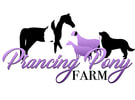
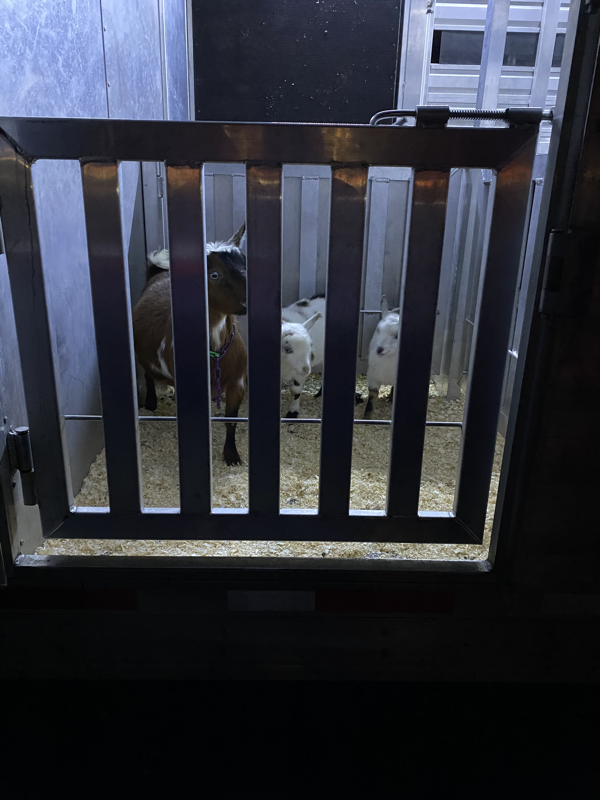
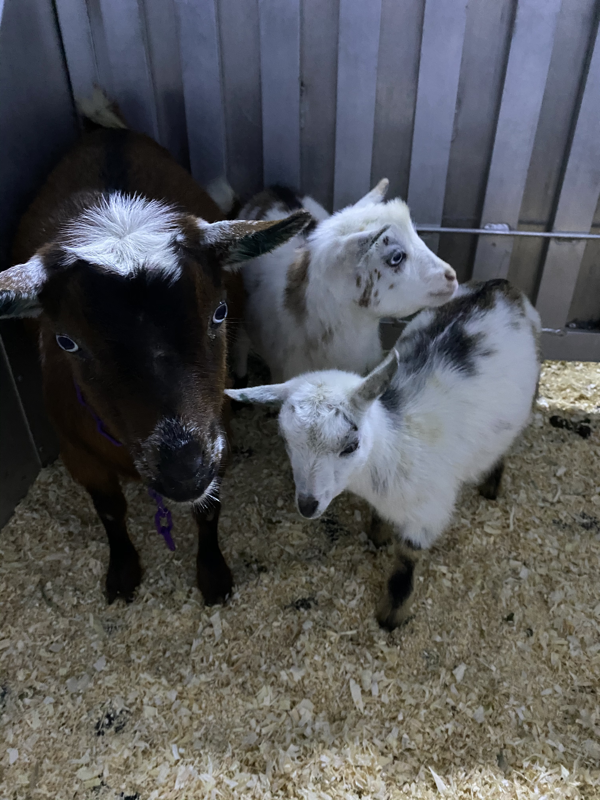
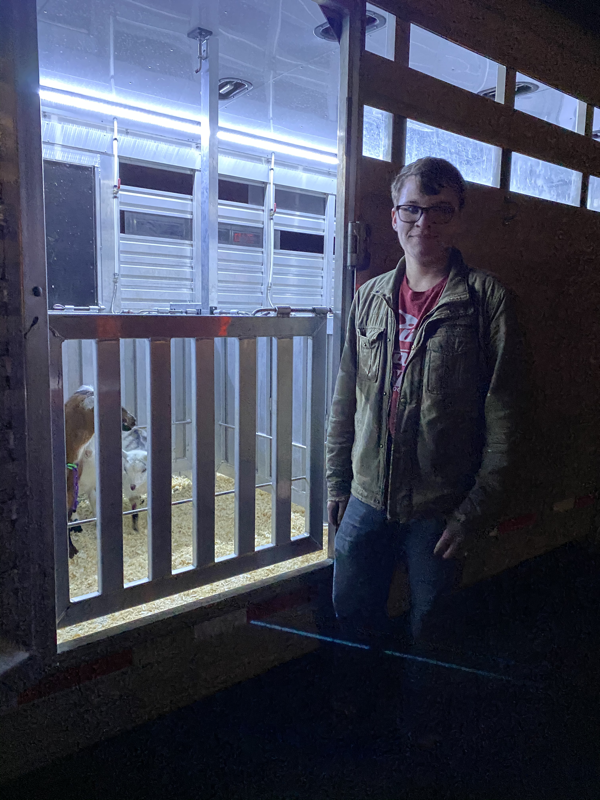
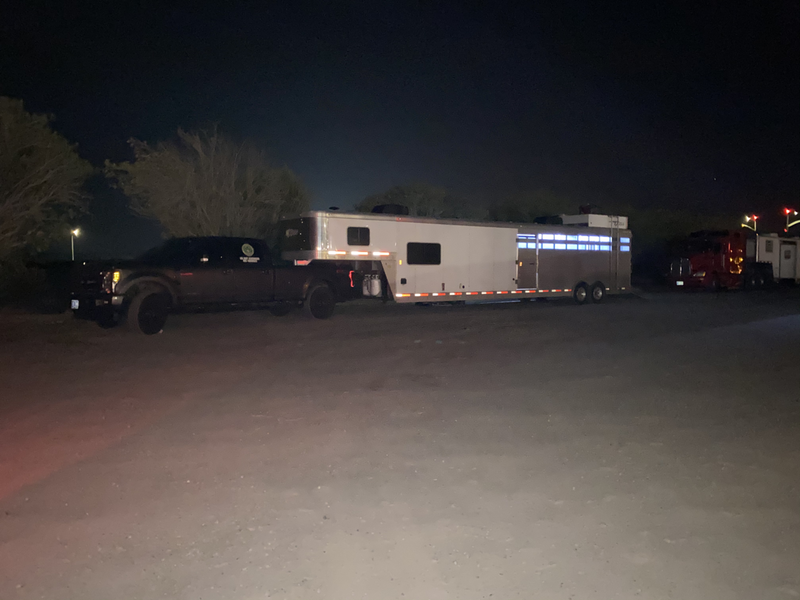
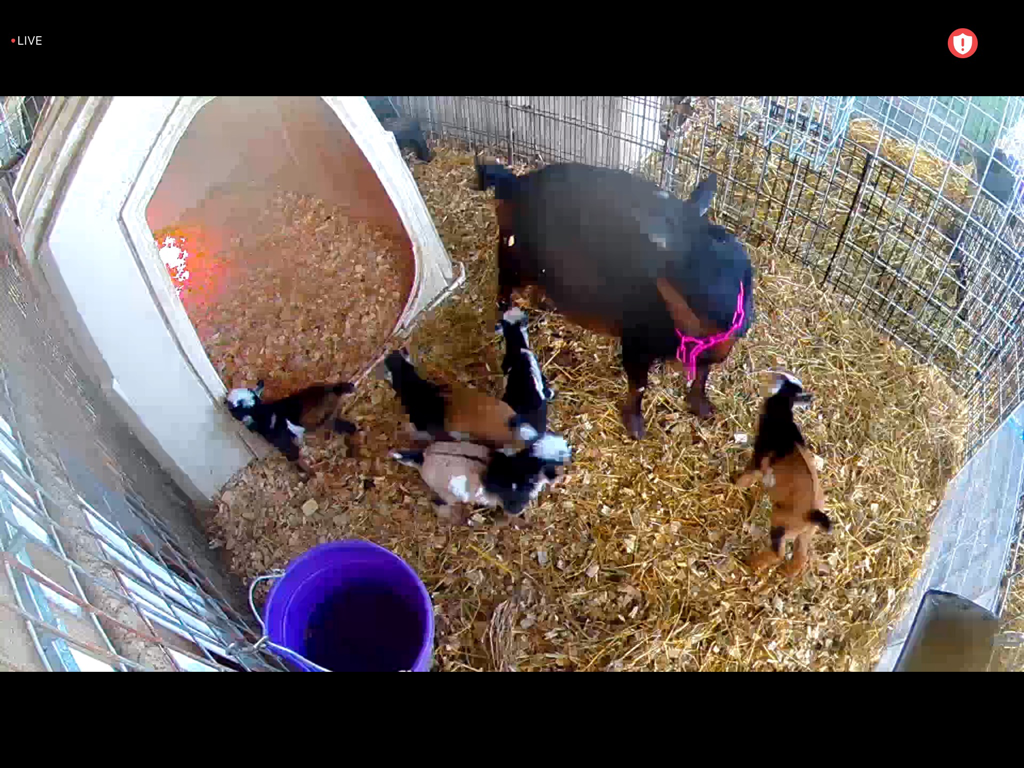
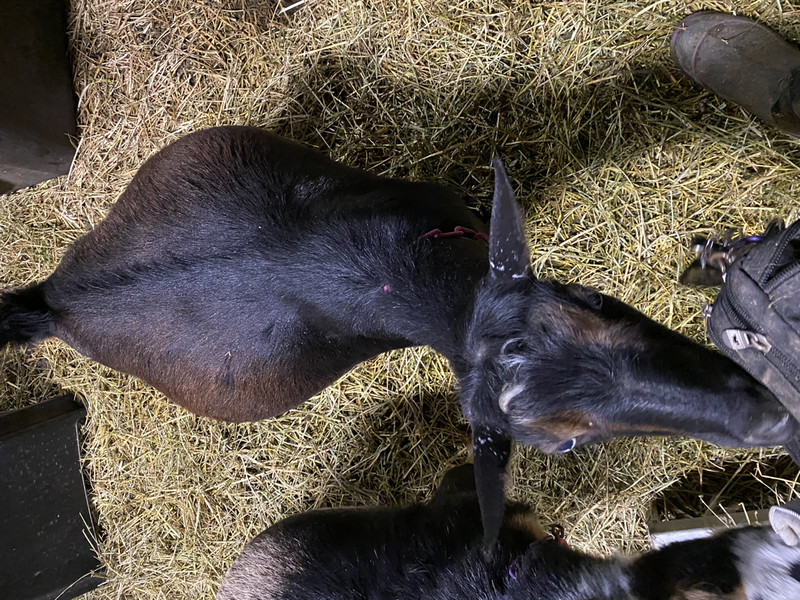
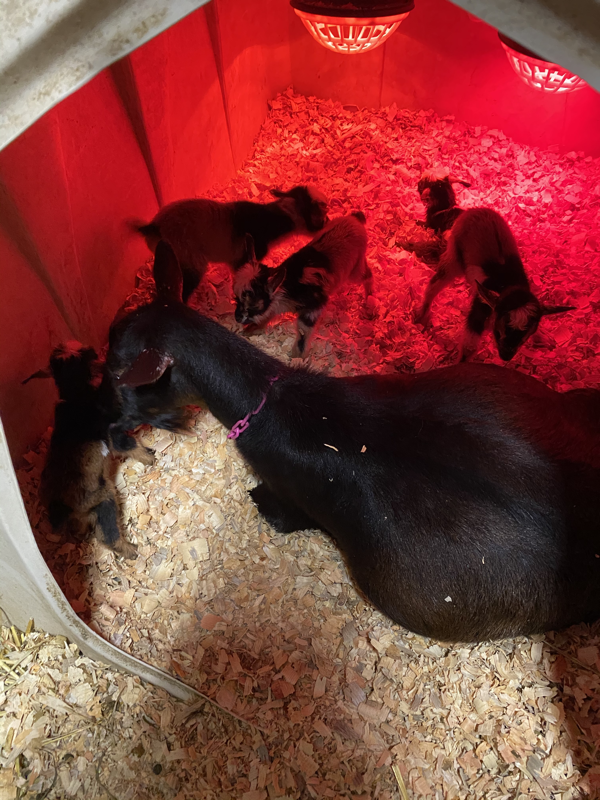
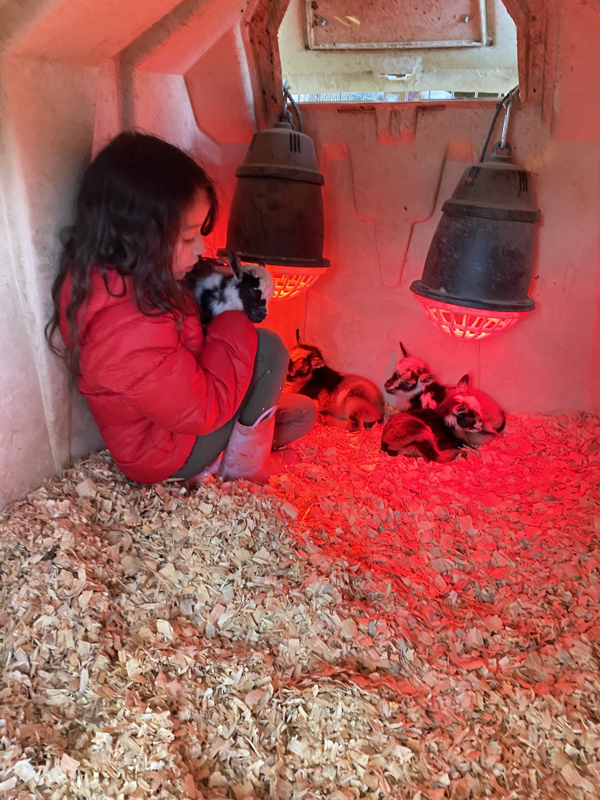
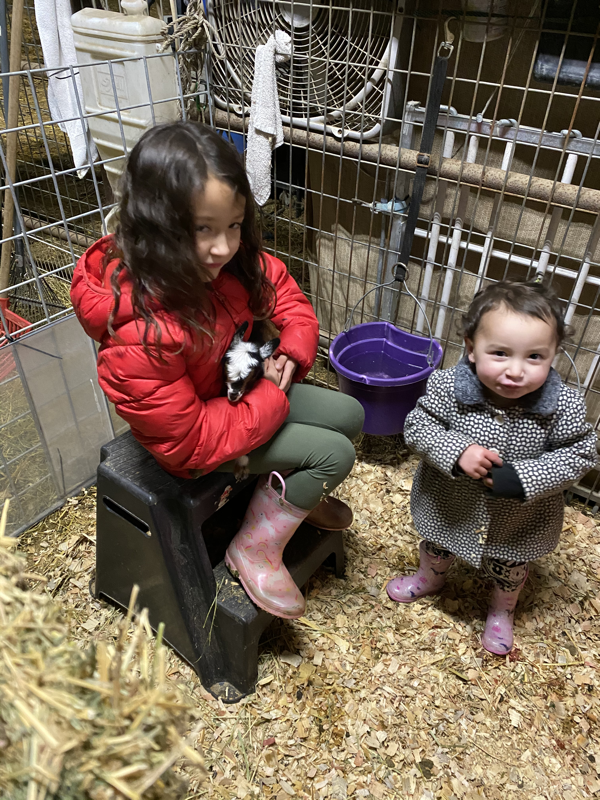
 RSS Feed
RSS Feed


